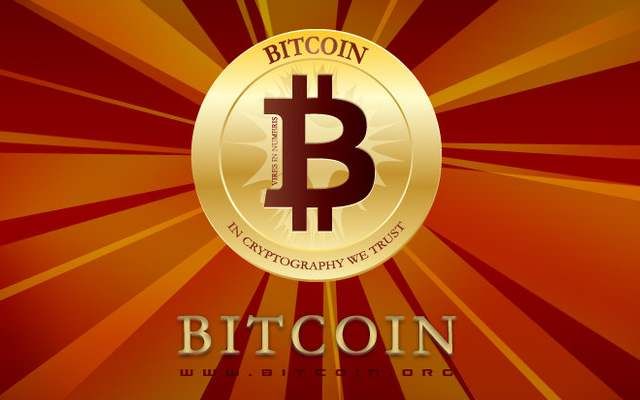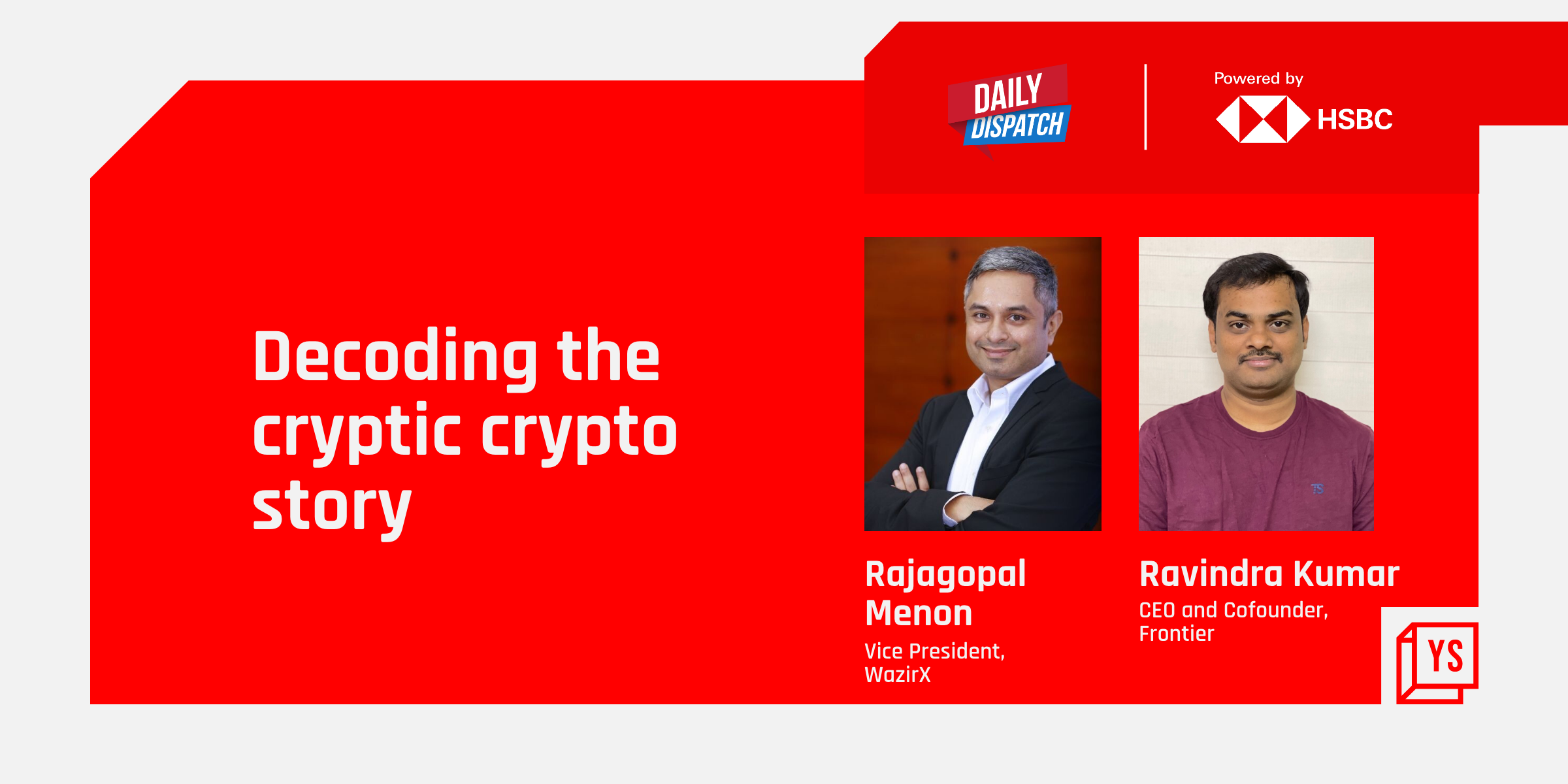Bitcoin 101: Why China banned it, and everything else you wanted to know
Bitcoin, practically unheard of a few years back, has slowly become universally accepted, leaving government regulators in a tizzy for fear that it could lead to money laundering. Started as an experimental, decentralized digital currency, Bitcoin uses a peer-to-peer technology to make instant online payments. Earlier this year, a newly-married couple, Austin Craig and Beccy Bingham-Craig, tried to traverse the globe using only Bitcoin for 100 days. Their story proved that it is possible, and their experiences have been made into a movie, aptly titled ‘Life on Bitcoin.’

But there have been pushbacks. After China recently banned financial institutions from handling Bitcoin, its value has dropped from a high of $1200 to close to $650. Even as Bitcoin interest in India is picking up (Bangalore recently hosted India’s first global Bitcoin conference), banking regulators are still undecided on how to handle the currency. Trade in Bitcoin has been growing at a steady pace in India. Mahim Gupta, who started the portal BuysellBitco.in, claims that when he first started in November, 2012, there was a single transaction in three days. By April it had jumped to 50-60 a day.
YourStory’s Nelson Vinod Moses interacted with Rajesh Kumar, ex-founder of Amplyfy Labs, current head of engineering at Streamoid Technologies, hacker supreme (he’s won multiple hackathons, including the Bessemer Venture hackathon) and a Bitcoin enthusiast to find out more about Bitcoin. Kumar’s presentation on Bitcoin at Nasscom Product Conclave 2013 can be accessed here.
YS: Let’s start with the basics: what is Bitcoin?
Kumar: Bitcoin is a virtual crypto-currency that can be used by anyone to transact online. Bitcoin uses a decentralized peer-to-peer network to validate transactions. Any system can be voluntarily part of this network. Hence there is no central authority.
YS: What are its origins? Who is its creator?
Kumar: It originated in 1998 with a concept of using cryptography to control creation and transactions of virtual currency. Satoshi Nakamoto published a paper explaining the network and the nature of transactions. Satoshi is largely considered as the creator of Bitcoin as we know today. Bitcoin was originally created with the intention of eliminating middlemen (third party payment gateways) in online transactions.
YS: Why must we pay attention?
Kumar: Bitcoin has become an internet phenomenon and its use and acceptance is gaining huge momentum. The fundamental economics are strong.
YS: Why has it suddenly become so popular?
Kumar: There are many reasons, the top three are:
- Online transactions can be similar to offline transactions where there is no third party payment gateway taking a cut to enable the transaction.
- It’s global – across geographic borders the value remains the same. In the universe of the internet, this concept is very important.
- It’s open. The code is open source and everyone has an equal chance of mining Bitcoins.
YS: How does one earn Bitcoins?
Kumar: One has to be part of the Bitcoin network and allow certain type of calculations to happen on their systems.
YS: Will it go mainstream?
Kumar: Maybe, it is still speculative. Governments are taking a wait and watch approach. If there is acceptance by the regulators, there is nothing stopping it from going mainstream.
YS: How does the latest news from China affect Bitcoin?
Kumar: It is going to decrease the demand and hence Bitcoins will be a bit cheaper. This will be temporary. The only issue is that Chinese authorities started seeing this as a money-laundering scheme. Hence BTC China (Bitcoin exchange) banned taking Yuan. Due to that, people who want to buy Bitcoin using Yuan cannot do so.
YS: Will it become popular in India?
Kumar: Not sure. There is a potential to become popular. Indians are fiscally conservative and late adopters in every field. For example, Facebook traffic from India was negligible in 2007-08 but by 2012 India is second most important place. If we take the same pattern for India, Bitcoin might get really popular here.
But there is a fundamental difference in the way banks work in India, online transactions have fixed fees unlike in US, where transactions have percentage fees. So, it depends.
YS: Will it replace physical currency someday?
Kumar: No. Bitcoin is suited for online transactions and built for that. It cannot replace physical currency.
YS: Any last comments?
Kumar: Financial regulators in India need to come up with a proper view about this aspect. Unless that happens, people will be skeptical to adopt it. With emergence of alternate crypto-currencies like Lifecoin, Peercoin, etc., it is important to see how Bitcoin sustains. Since, fundamentally, the currency is as strong as the network. Thirdly, Bitcoin is driven by supply-demand. Since there is a cap on the supply, it allows hoarding and hence there can be lot of fluctuations in the value of Bitcoins.







![[Funding alert] Alternative credit platform BlackSoil raises Rs 32Cr via NCDs](https://images.yourstory.com/cs/2/3fb20ae02dc911e9af58c17e6cc3d915/Ankurimage-1600856808384.jpeg)



![[Product Roadmap] How this Shark Tank startup brings analytics, Moneyball, data to kabaddi](https://images.yourstory.com/cs/2/a9efa9c02dd911e9adc52d913c55075e/NewLogoforimagesEditorialTeamMaster-1644336662634.jpeg)